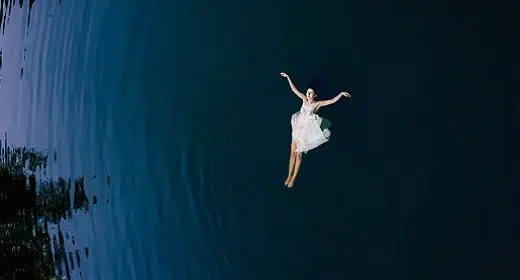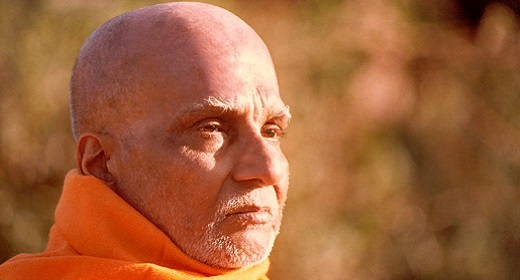by Alberto Villoldo: One of the tasks of the Time Masters was tracking into the past and the future to become a master spinner…
Carl Jung believed that when we don’t heed our calling—and this is not a call to greatness, but a call to meaning—then a life is wasted. Likewise, when we say yes to our destiny, we’re then able to transcend suffering, and triumph over seemingly impossible odds.
To have significance, our destiny doesn’t have to be grand or validated by public acclaim, but it must be imbued with meaning and purpose. This is entirely independent of whether we acquire material possessions, marry, raise a family, or become famous. We might find happiness with empty pockets and solitude, and we may also find pain and suffering with every comfort and beautiful companion in the world.
Our destiny is not the same as our future: While the future is what will happen later, destiny is in every instant, and we can always make ourselves available to it. Destiny is saying yes to the calling we’re born with, while fate is what happens when we fight or ignore our calling. This is a very ancient idea that runs counter to modern psychology and biology, which define our destiny by our psychological and genetic profiles. However, the more we identify ourselves by what our parents did or failed to do, what’s been programmed in our chromosomes, or what we own or wear, the more our story belongs to our ancestors and to others. We dull our lives by explaining them away with a list of causes that lie beyond our control.
Imagine that your life is a solid cord of light extending backward into the past for many lifetimes. In the now, today, this cord separates into countless threads from which you weave the future. Each thread represents a possible future, one of your many destinies. Some of these futures are more likely than others. One thread leads to your waking up to discover that you have won the lottery, but that is not very probable. Follow another thread and you’ll see it leads to your dying young from heart disease. That is a more likely future for you if this condition runs in your family.
The threads where you have the greatest freedom are your destiny. The strands where your health or your love life has been selected for you by your genetics or your upbringing are what we call fate.
The Laika speak about a silver book we were all born with, one that came written with the challenging story of our life. In this book our fate has been cast and the story line is unoriginal. But there is also a golden book that is filled with blank pages. When you pick up your pen and begin writing in the golden book, you start dreaming an original destiny that was never permissible by your birthright.
This dream may not be the easiest one to manifest. On the contrary, these dreams are often filled with tests. If you select the dream that leads to the summit of the holy mountain, you are going to have to ford raging rivers, become lost in the forest, and hike along the edge of a precipice. If you select the dream that leads to the meadow where the cows are grazing, you will gaze at the distant mountain longingly, feeling the call to test yourself, but too busy scraping the cow dung from your boots to move forward to create a bigger destiny for yourself and for the world.
The shaman believes that when you become the author of the golden book, you cease being a character in the dream, beholden to a script that you did not write. You become the master spinner of not only your own destiny but of the future.








































